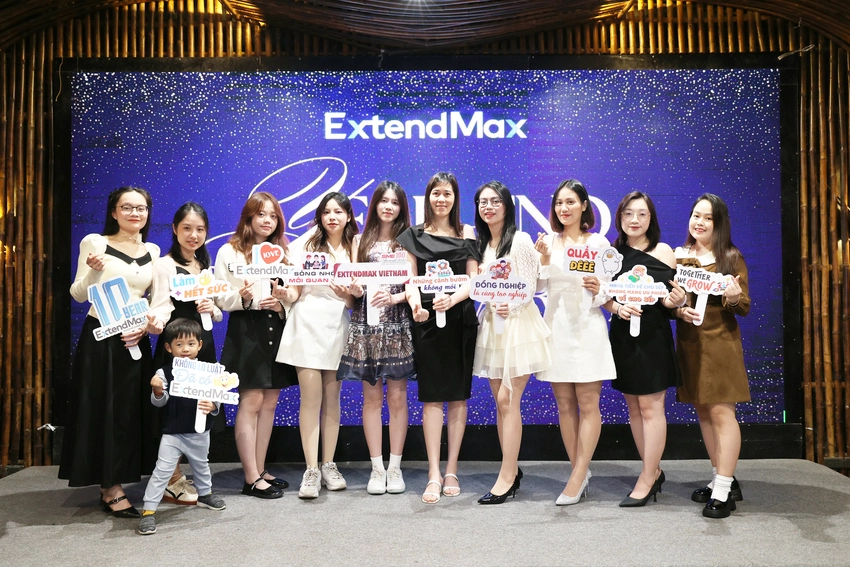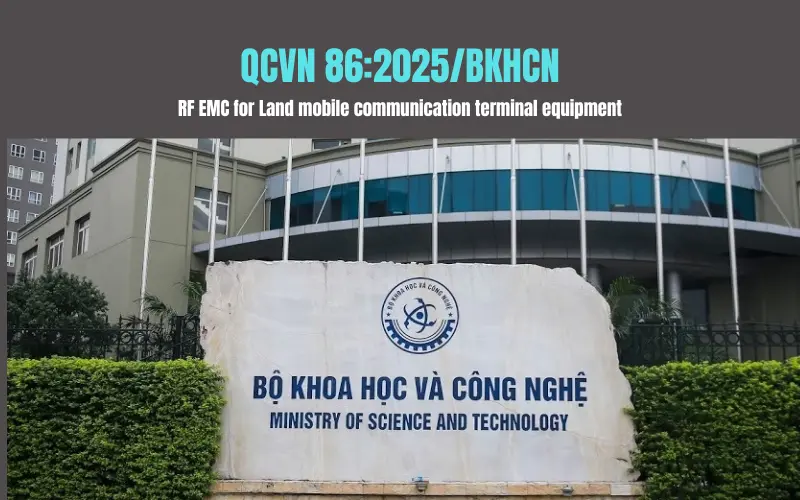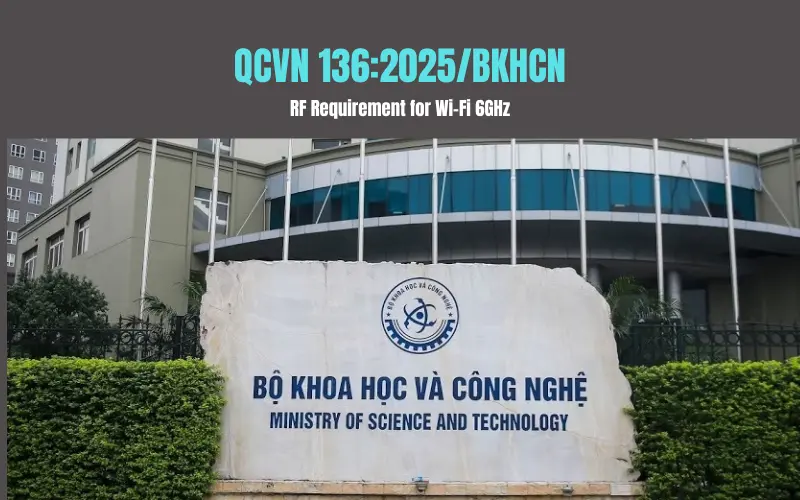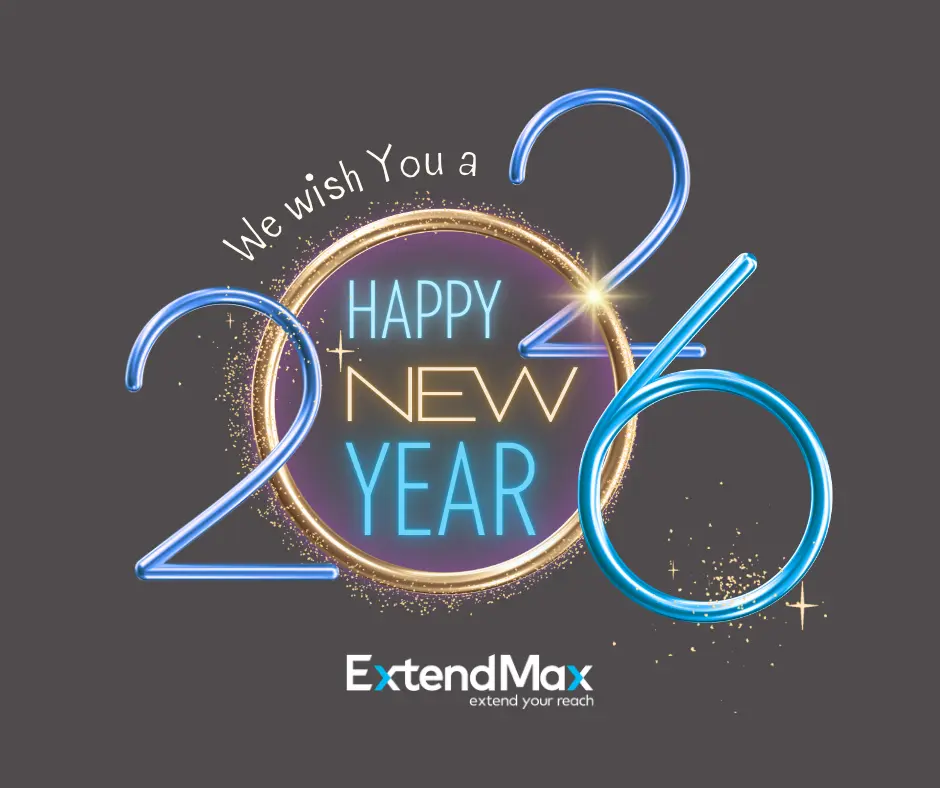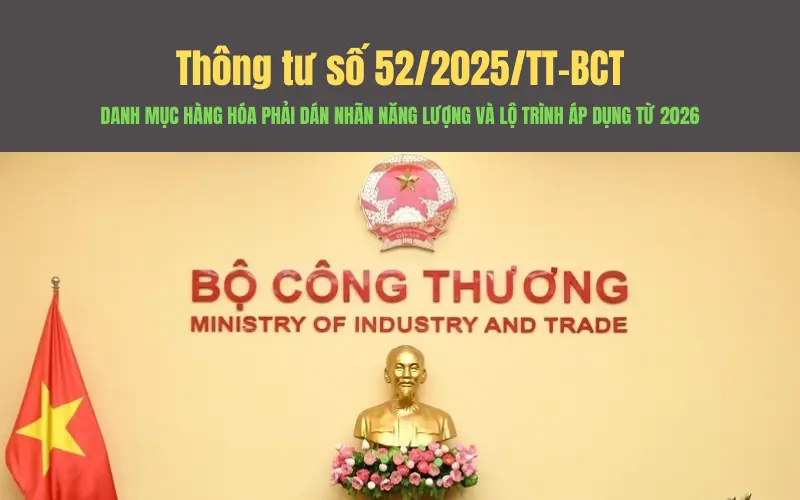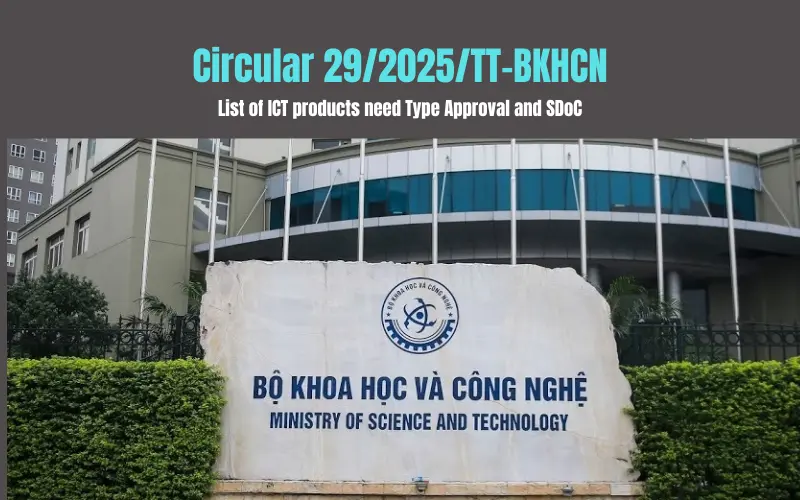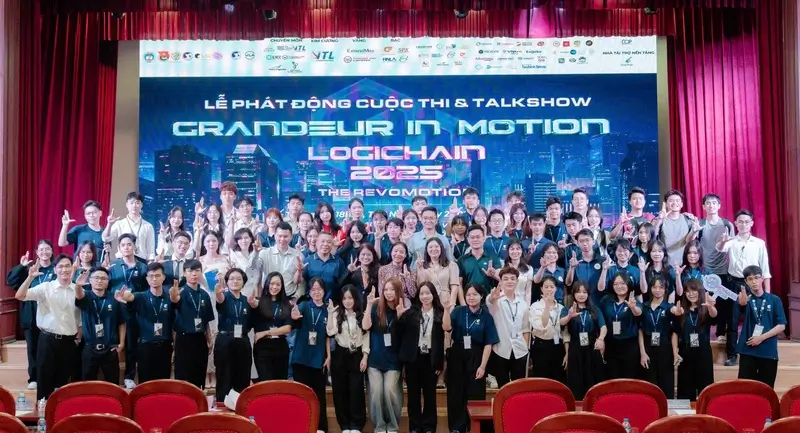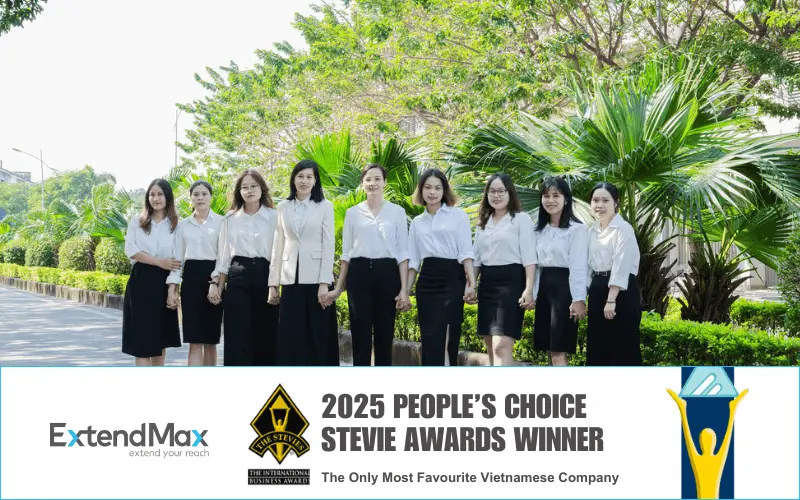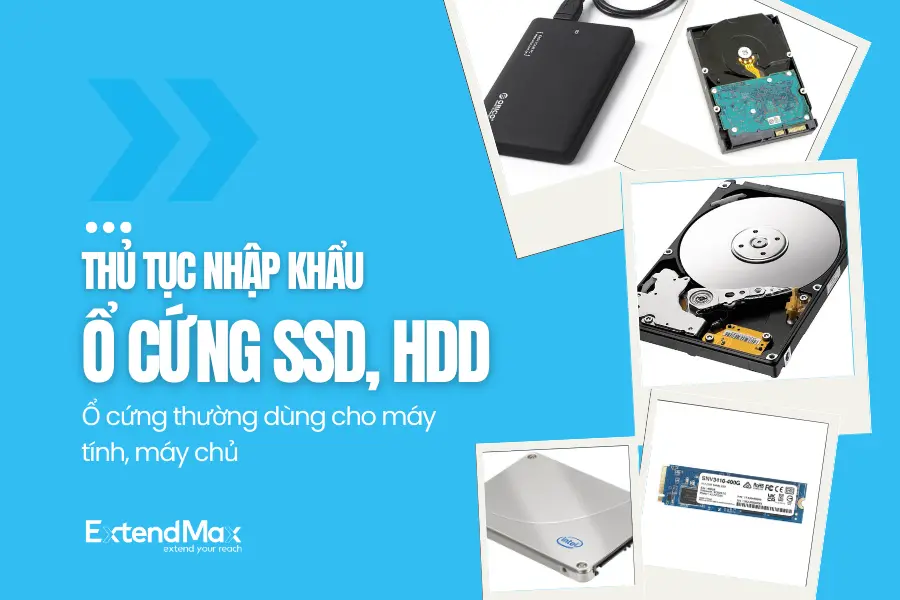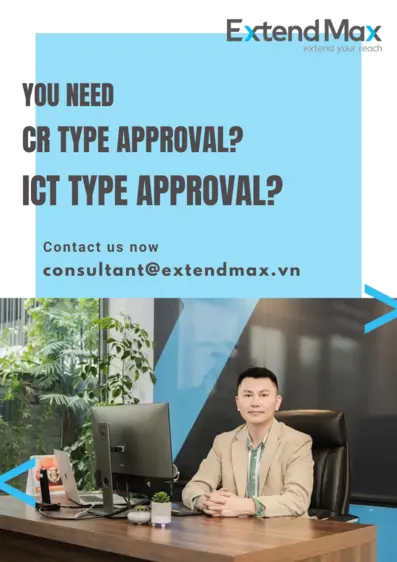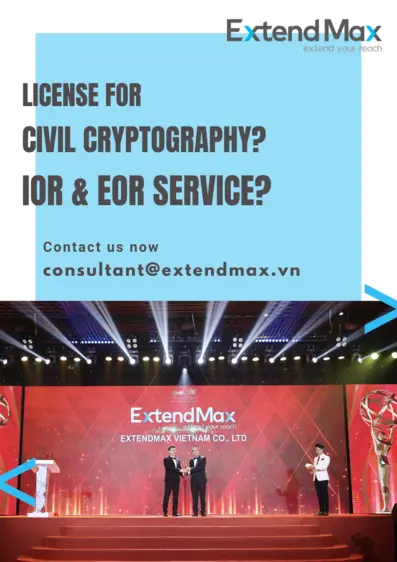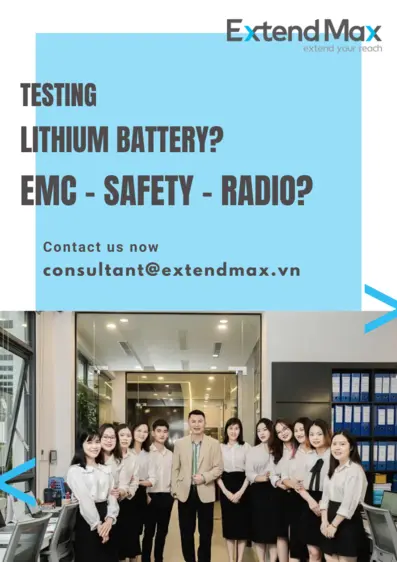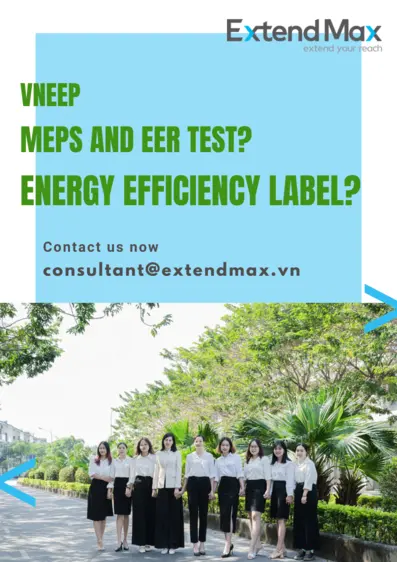QCVN and TCVN are two crucial yet easily confused concepts in the field of quality management, especially for manufacturing, importing, and trading enterprises in Vietnam. Understanding the difference between QCVN (National Technical Regulation) and TCVN (Vietnam Standard) not only helps businesses comply with legal regulations but also ensures that products are eligible for circulation, export-import, while enhancing their credibility in the market. In this article, ExtendMax will help readers distinguish, identify, and apply QCVN and TCVN in the most accurate and effective way.
1. Definition of QCVN and TCVN
1.1 What is the National Technical Regulation (QCVN)?
Clause 2, Article 3 of the Law on Standards and Technical Regulations 2006 defines QCVN as regulations specifying the limits of technical characteristics and management requirements that products, goods, services, processes, environments, and other subjects in socio-economic activities must comply with to ensure safety, hygiene, human health; protect animals, plants, the environment; safeguard national interests, security, consumer rights, and other essential requirements.
According to statistics, as of the end of 2024, government agencies have issued 804 QCVNs managed by 13 ministries, with the top three ministries being the Ministry of Transport (148 QCVNs), the Ministry of Agriculture and Rural Development (131 QCVNs), and the Ministry of Information and Communications (132 QCVNs). While many ministries have been reducing the number of issued QCVNs, the Ministry of Industry and Trade and the Ministry of Transport have shown an increasing trend.
1.2 What is the Vietnam Standard (TCVN)?
The definition of TCVN is specified in Clause 1, Article 3 of the Law on Standards and Technical Regulations 2006. Specifically, TCVN refers to standards specifying technical characteristics and management requirements used as benchmarks to classify, evaluate products, goods, services, processes, environments, and other subjects in socio-economic activities to enhance the quality and efficiency of these subjects.
Vietnam currently has about 14,000 TCVNs, of which the food sector accounts for the largest proportion with more than 1,700 standards, followed by construction materials, environment, and agriculture.
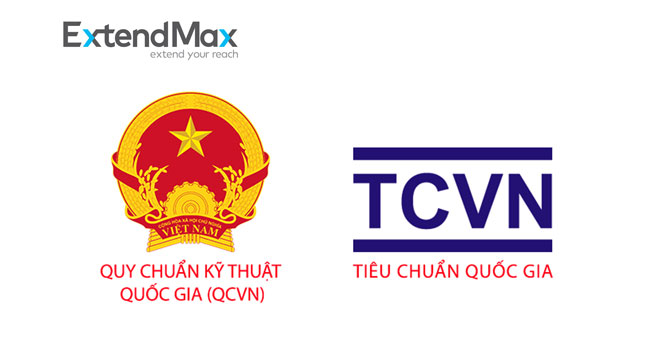
See more: QCVN 135:2024/BTTTT on basic information security requirements for surveillance cameras
2. Distinguishing QCVN and TCVN
The biggest difference between QCVN (National Technical Regulation) and TCVN (Vietnam Standard) is that TCVN is a recommendation, voluntary to apply, while QCVN is issued by state agencies and mandatory for businesses to implement in production, business, and other social activities.
Below is a comparison table providing information to help readers distinguish QCVN and TCVN:
| Criteria | QCVN (National Technical Regulation) | TCVN (Vietnam Standard) |
|---|---|---|
| Classification | + General technical regulation; + Safety regulation; + Environmental regulation; + Process regulation; + Service regulation (Article 28, Law on Standards and Technical Regulations 2006) | + Basic standard; + Terminology standard; + Technical requirement standard; + Testing method standard; + Labeling, packaging, transportation, storage standard (Article 12, Law on Standards and Technical Regulations 2006) |
| Applicable objects | Products, goods, services, processes, environments related to safety, health, environment – mandatory. | Products, goods, services, processes, environments under national, international, regional standards or QCVN, local technical regulations. |
| Application | Mandatory | Voluntary |
| Symbols | + QCVN (National Technical Regulation); + QCĐP (Local Technical Regulation) | + TCVN (Vietnam Standard); + TCCS (Basic Standard) |
| Issuing authority | Government agencies | Organizations |
| Publishing agency | Government agencies | + Government agencies; + Public service units; + Professional associations; + Economic organizations |
| In trade | Non-compliance with QCVN means product cannot be legally traded. | Non-compliance with TCVN does not prevent trade. |
| Scope | Nationwide, local, sectoral | Nationwide or within scope of issuing organization |
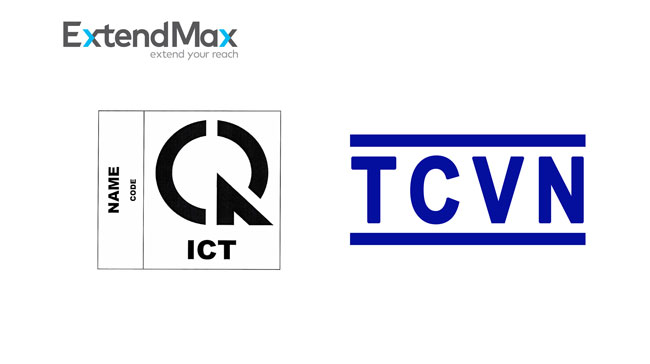
See more: QCVN 134:2024/BTTTT on SAR requirements for mobile phones, laptops, tablets
3. Purpose of Issuing Standards and Technical Regulations
Standards (TCVN) specify technical characteristics and management requirements used as benchmarks to classify, evaluate products, goods, services, processes, environments, and other entities in socio-economic activities to improve quality and efficiency. TCVN is published by an organization in written form for voluntary application.
Clause 2, Article 3 of the Law on Standards and Technical Regulations 2006 defines the purpose of issuing technical regulations (QCVN): setting limits for technical characteristics and management requirements that products, goods, services, processes, environments, and other entities in socio-economic activities must comply with to ensure safety, hygiene, human health; protect animals, plants, environment; safeguard national interests, security, consumer rights, and other essential requirements. QCVN is issued by competent government agencies in written form for mandatory application.
Thus, drafting agencies must justify the necessity of issuing a QCVN based on one or several of these purposes. However, this provision contains ambiguity by allowing issuance for “other essential requirements” without clearly defining what these requirements are.
Currently, an amendment to the Law on Standards and Technical Regulations is being drafted and presented to the National Assembly, expected to be passed in May 2025. This is an opportunity for Vietnam to strengthen the process of developing standards and technical regulations, improve their quality, and contribute to national socio-economic development.
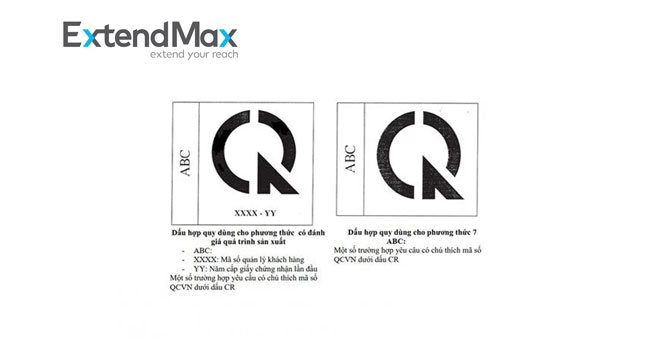
See more: Product Conformity Certification for ICT Products | Fast – Cost-effective procedure
4. Activities Applying QCVN and TCVN
4.1 Product Conformity Certification
The Law on Standards and Technical Regulations defines “product conformity certification” as the process of confirming that a subject in technical regulation activities meets the corresponding technical regulation. Simply put, it is the process of evaluating products or services to ensure compliance with national technical regulations. This is mandatory for high-risk products (group 2 goods) under state management to protect consumers.
4.2 Declaration of Conformity
Circular 30/2011/TT-BTTTT (consolidated under 02/2020/VBHN-BTTTT) defines “declaration of conformity” as the organization/individual informing state management agencies and consumers that their product conforms to the applicable technical regulation after conformity assessment. This is mandatory after product conformity certification to ensure quality and safety, protecting consumer rights.
4.3 Certification of Compliance
The Law defines “certification of compliance” as confirming that a subject in the field of standards complies with the corresponding standard. Simply put, it is the process of certifying that products comply with standards such as TCVN, international standards (ETSI, EN, ASTM, JIS), or organizational standards.
4.4 Energy Labeling
Energy labeling is a government management measure to eliminate low-efficiency products, ensure national energy security, help consumers choose energy-saving appliances, laying the foundation for sustainable development and environmental protection.
The National Energy Efficiency Program (VNEEP), approved since 2006 and led by the Ministry of Industry and Trade, has resulted in labeling over 90% of household electric appliances, eliminating incandescent bulbs, and improving energy efficiency for common household electrical products.
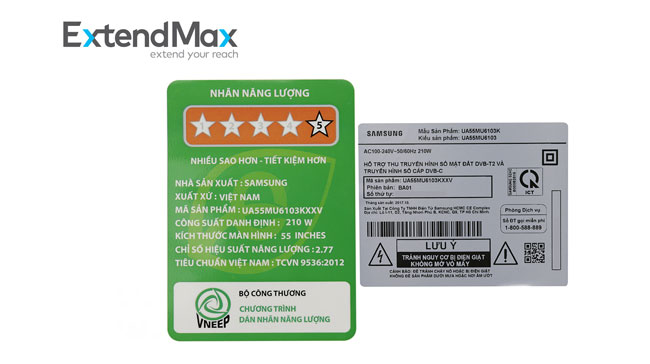
5. Trusted ICT Product Conformity Consulting Provider
ExtendMax is a leading provider of conformity certification, declaration of conformity, and licensing services for global corporations. We are recognized internationally through prestigious awards including SME100 Asia (2023 & 2024) and Stevie Awards (2025).
CEO Tran Thanh Phuong is recognized as Vietnam’s top legal expert in product conformity, civil cryptography licensing, and import licensing for electronic, IT, and household products. ExtendMax has successfully provided services to global partners like IBM, Dell, LEGO, Fujitsu, and Lenovo.
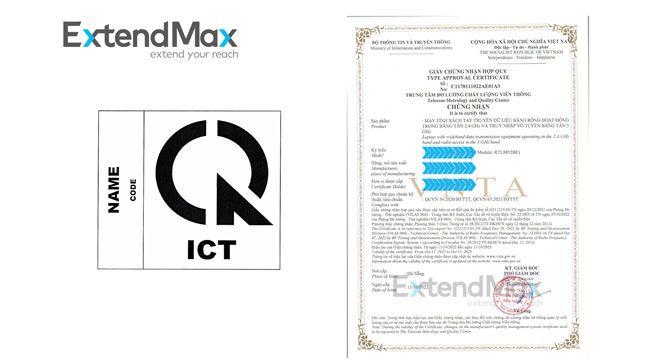
We commit to delivering reliable services with outstanding quality and transparent legal processes.
✅ For inquiries about ICT product conformity certification services, contact ExtendMax Vietnam via:
📞 Hotline: +84 24 6666 3066
📧 Email: consultant@extendmax.vn

